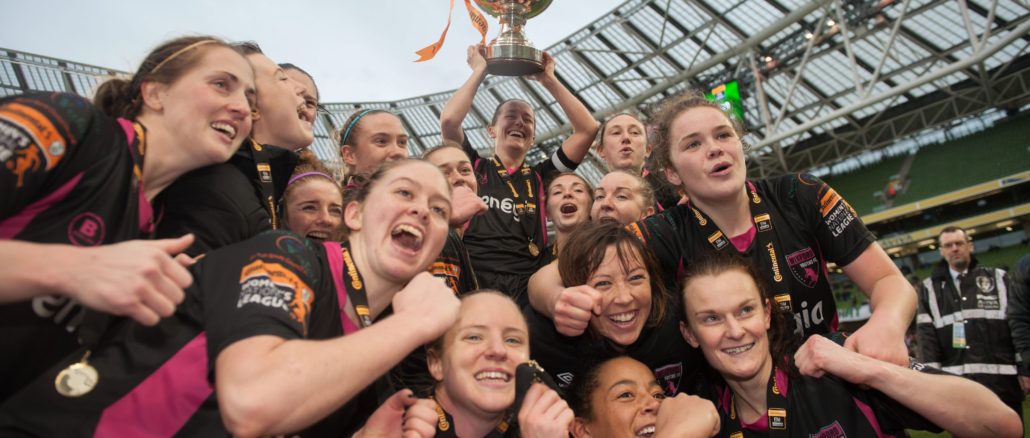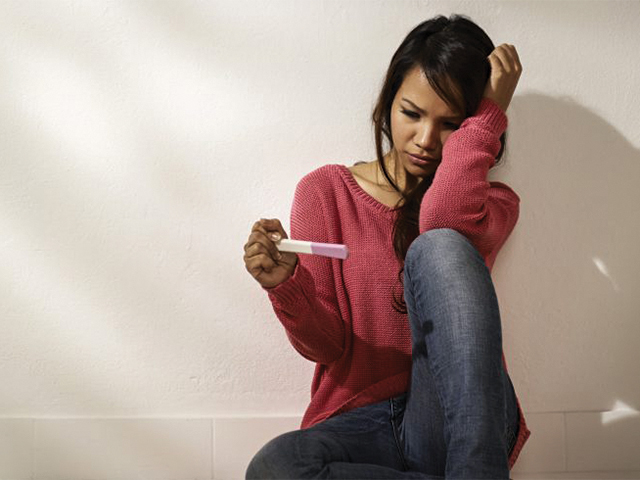
Women are constantly reaching new heights in the world of sport today, successfully competing at the highest level in their respective sports such as athletics, GAA and football.
The England Ladies Football Team, Jessica Ennis and Wexford Youths Ladies Football Club are just three examples of sportswomen across the world who put the same commitment, dedication and training into their chosen sport and arguably have had more of a successful 2015 than their male counterparts. So why is it that women in sport struggle to secure sponsorship deals?
In light of the phenomenal successes achieved at Wexford Youths in 2015, winning the National League and FAI Cup double, and reaching the group stages of the Champions League, the club’s marketing manager Ray Noonan spoke to The College View’s Laura Burke.
“Whether we like it or not, there is still a perception out there that there is more interest in men’s sport,” Noonan said.
“This is not rooted in reality but nevertheless is hard to shift. It is taking time to change but it’s getting there. I think it’s the historically higher profile of men’s sport, and the perceived higher level of quality, that influences sponsors.”
After a long spell without a sponsor at the beginning of their 2015/16 season, the Youths Ladies launched an online appeal for sponsors through social media platforms Facebook and Twitter. When asked if he thinks sponsorship deals help to improve the standard of football at which a team plays, Noonan said that sponsorship was important to becoming a top club in Europe.
“It is a vicious circle. As more money goes into a sport, better facilities can be developed, more full time participants can take part, coaching standards improve, the game itself improves and it attracts even more money. On the other hand the English Premier League is now the most sponsored league in the world, yet the quality is quite poor by comparison with the best clubs in Spain, Germany & Italy.”
He believes however that the women’s game is constantly improving and they are now competing and playing at a level that attracts more viewers and sponsors to the game. “Over 130,000 people watched the recent women’s FAI Cup Final (between Shelbourne and Wexford Youths) live on RTÉ and it made front page news in the Irish Times the following day. Anyone who saw it, or was lucky enough to be there, enjoyed a wonderful sporting game of football full of skill, great goals and high drama. I saw both FAI Cup Finals that day and the women’s match was far more entertaining.”
Energia has agreed to continue their partnership with the Youths for the remainder of the 2016 season with coach Willie Doyle saying, “the financial burden lifted by securing a main sponsor will help the team to focus on the footballing aspect of their involvement in the club.”
It is not just in Ireland that sportswomen struggle to attract sponsorship deals. An interesting statistic to note is that just 0.4% of all corporate investment in sport in the UK goes to women’s teams. A report carried out less than a year before the London 2012 Olympics claims that there is more interest than ever before in women’s sports but the sponsorship of women’s elite sport in the UK amounted to just 0.5% of the total market between January 2010 and August 2011. That was in comparison to men’s sports over the same period which received 61.1% in sponsorship.
The media and women’s organisations both have their own defences when it comes to this matter. There is the argument that if there was more sponsorship and coverage of women’s sport then there would be greater interest in it. However, the media have hit back saying that if there was a greater interest in the first place, then there would be more coverage and sponsorship put into women’s sport.
Despite this, there is no doubt that certain sportswomen achieving huge successes in recent years has brought women’s sport more into focus on a larger stage and this can be seen at grass roots level as more young girls are taking part in sport in admiration for their female sports stars.
England’s bronze place medal at the FIFA Women’s World Cup, Wexford Youths Ladies’ National League and FAI Cup double and Jessica Ennis winning the heptathlon at the Beijing World Championships all in 2015 have brought women in sport to the forefront and shows that the opportunity to compete and be recognised on a world stage is there for sportswomen as they continue to rise in terms of skill, popularity and hopefully in terms of investment through sponsorship in the coming months and years.
Laura Burke
Image Credit: Sportsfile




Leave a Reply